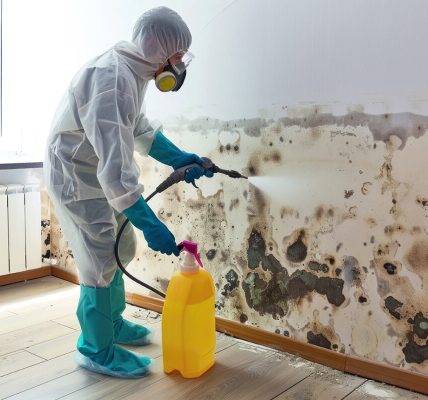Fire damage is one of the most common causes of home insurance claims. It can cause extensive damage, leading to significant financial loss. Therefore, understanding what your homeowner’s insurance policy covers in terms of fire damage is crucial.
Most standard homeowners’ insurance policies include coverage for fire damage. This means if a fire destroys your home or damages it, the cost to repair or rebuild would typically be covered by your insurer. However, it is essential to note that the extent and type of coverage may vary depending on the specifics of your policy.
A comprehensive homeowners’ policy typically includes dwelling protection which covers the structure of your home including walls, roofs and floors. If these parts are damaged due to a fire, your insurer will pay for their repair or replacement up to the limits specified in your policy.
In addition to dwelling protection, personal property coverage is another component usually included in a standard homeowners’ insurance policy. This part covers personal belongings such as furniture, clothing and electronics that might get damaged or destroyed due to a fire incident. Again, this coverage has its limits and certain high-value items like jewelry may require additional riders for full protection.
Another critical aspect covered under discover more most homeowners’ insurance policies is additional living expenses (ALE). In case a fire makes your home uninhabitable during repairs or rebuilding process, ALE helps cover costs associated with temporary housing and other living expenses incurred during this period.
However, there are exceptions where an insurer might not provide coverage for fire damage. For instance, if a house was vacant beyond 30 days when the fire occurred or if it was determined that arson was involved with intent from the insured party – these circumstances could lead insurers denying claims related to fires.
It’s also worth noting that while standard homeowner’s policies cover damages caused by wildfire too; those living in high-risk areas may need separate wildfire insurance as some companies might exclude such risks from regular plans considering them high risk.
Moreover, specific types of property such as vehicles are not covered under homeowners’ insurance for fire damage. For these, you would need comprehensive auto insurance.
Lastly, while insurers cover fire damages, they do expect homeowners to take reasonable steps in preventing fires and maintaining their homes. Failure to do so can potentially lead to a denial of claim.
In conclusion, while most standard homeowners’ insurance policies provide coverage for fire damage including dwelling protection, personal property and additional living expenses; understanding the specifics of your own policy is crucial. It’s always advisable to discuss with your agent or insurer about what’s covered and what’s not in order to avoid surprises when disaster strikes.


![MEXC Exchange Referral Code: [mexc-norman] + 8000 USDT Bonus](https://ashleyguicephotography.com/wp-content/uploads/2025/05/istockphoto-1728140476-612x612-1-428x400.jpg)








